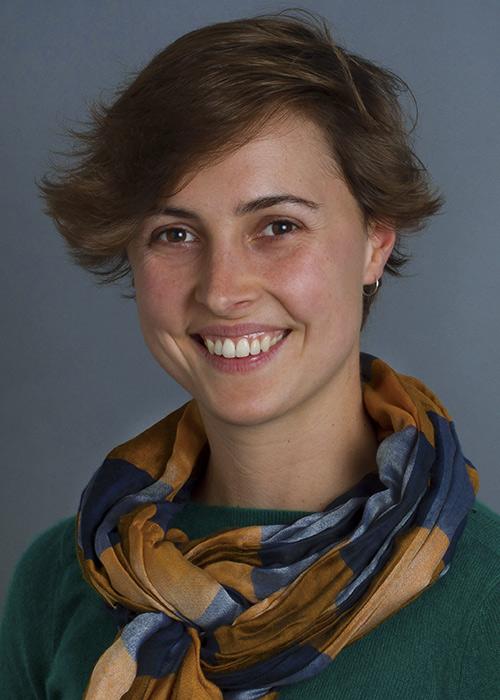Amy Willis, an associate professor of biostatistics at the University of Washington has received $299,758 from the National Science Foundation (NSF) to develop and study a novel method to estimate bacterial evolutionary histories.
Bacteria are everywhere, and essential for life. Bacteria in the ocean regulate global temperatures; bacteria in soil help plants grow; and bacteria in our bodies help us digest and extract nutrition from food. Bacteria change over time through evolution, but because bacteria can gain and lose genes, their evolutionary histories may be hard to determine.

Accurate estimates of bacterial and archaeal phylogenetic trees are needed to organize and classify bacteria that are observed in clinical and environmental studies, and to understand how, when and why bacteria adapt to new environments. Willis’ project will address the major challenge in prokaryotic phylogenetics that gene transfer and recombination events result in different genes having different evolutionary histories.
In clinical settings, this could improve our ability to track and manage bacterial infections, potentially leading to better treatments and preventive measures. In environmental studies, it might help in understanding how bacteria interact with and adapt to different ecosystems, which could have implications for ecological balance and bioremediation efforts.
“While averaging phylogenetic trees is much harder than averaging numbers, we believe that it has enormous potential benefits for bacterial tree estimation, including for accuracy, speed and transparent uncertainty quantification," said Willis.
The method will be benchmarked against existing tools for speed and accuracy, and implemented in open-source software available at statdivlab.github.io.